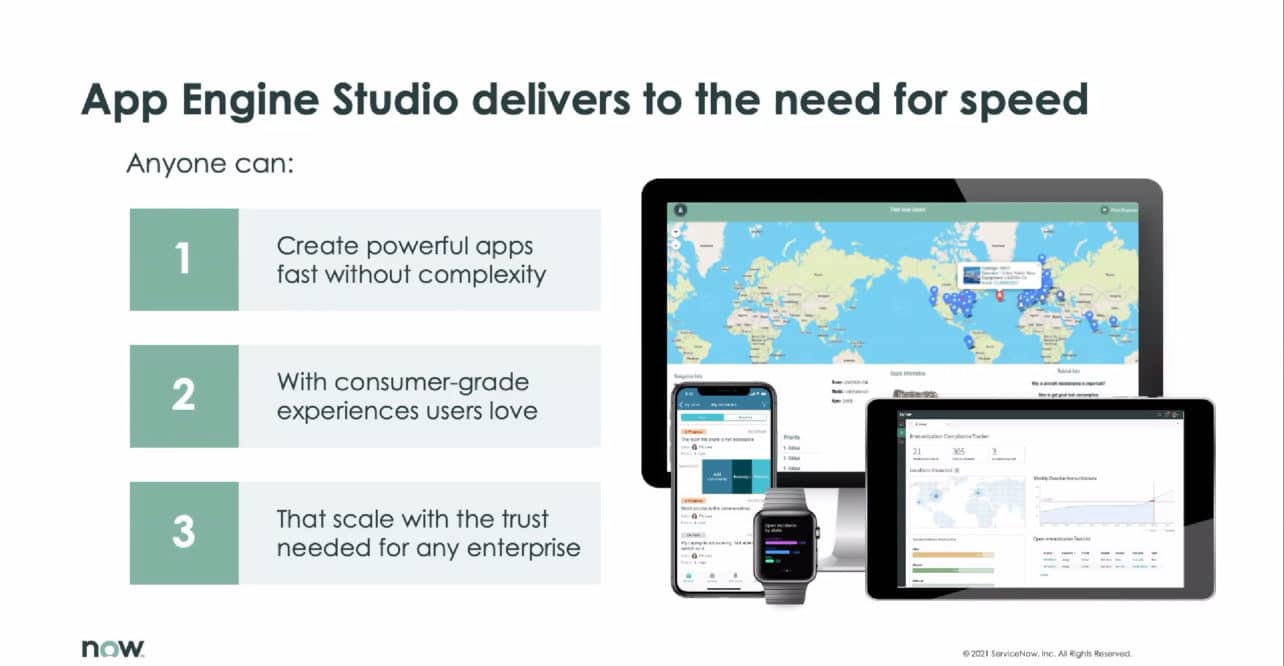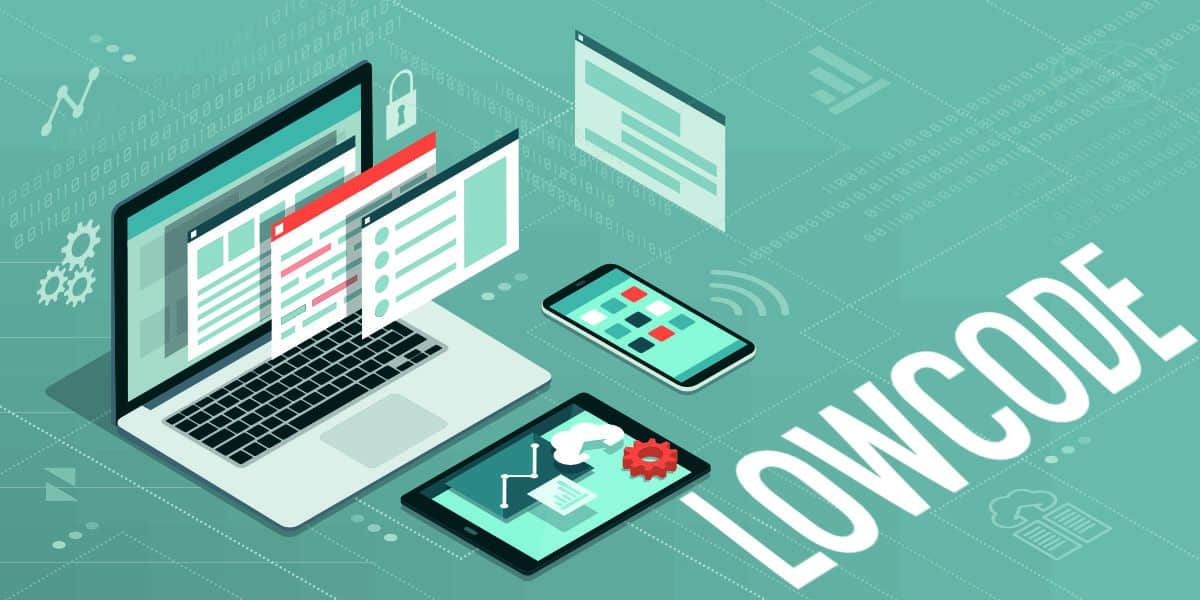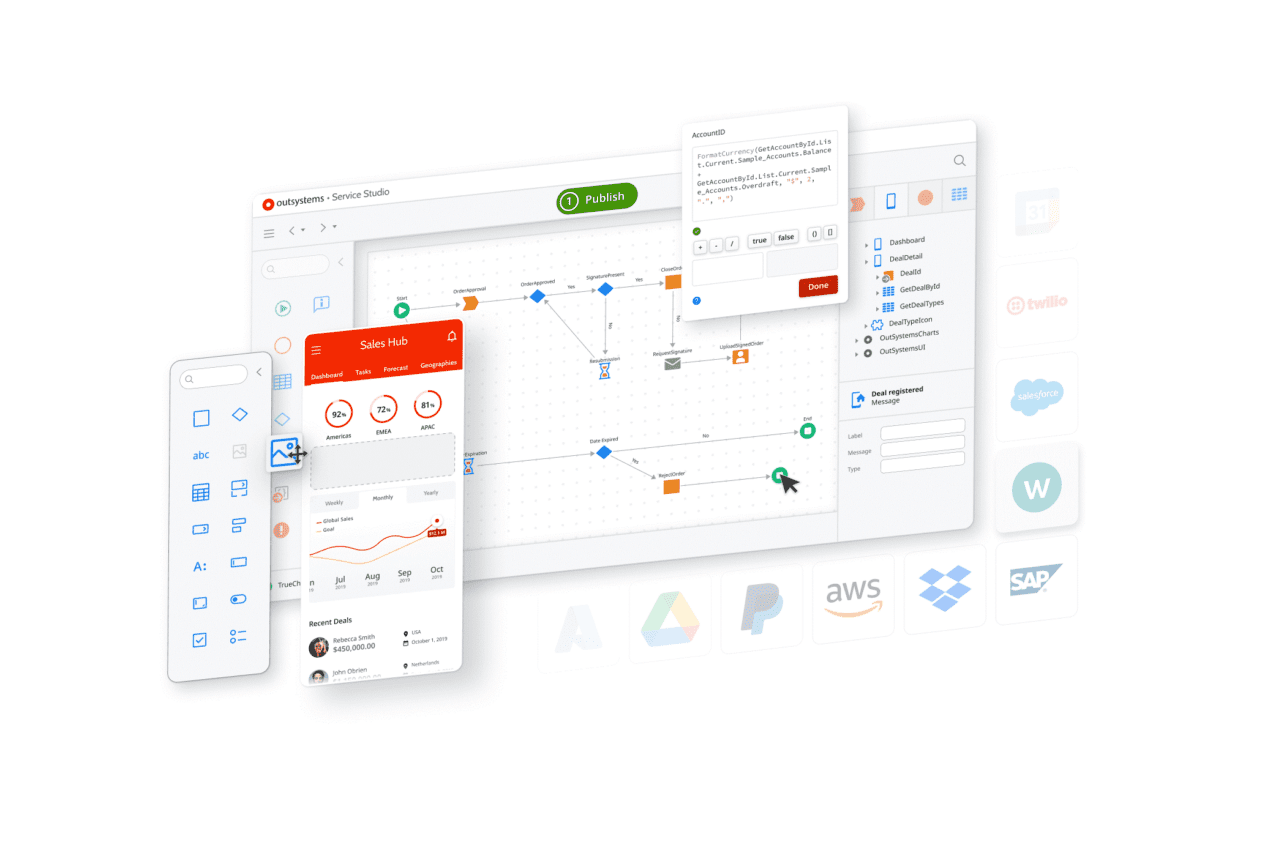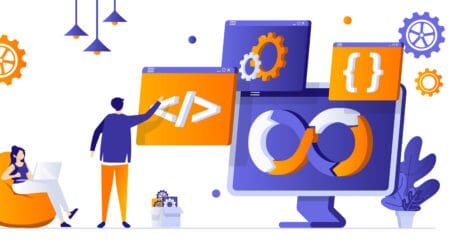
Zoho: Why ‘real’ cloud computing starts with integration
Surely it’s time to realise that the true superpower of cloud solutions is in its Lego-like capabilities to enable interoperability via integrations between various systems. These integrations facilitate the flow of information, streamline workflows, and eliminate the need for manual data transfe... Read more
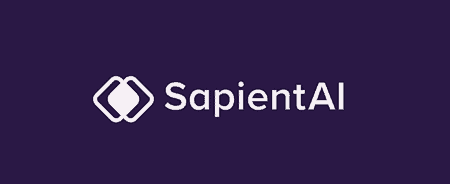
Sapient.ai CEO: Let developers develop, not test
Despite the rise of automation accelerators and all forms of Artificial Intelligence (AI) - generative or otherwise - software application developers still love to develop, the clue is quite definitely in the name. But the recent popularisation of programming bots has not been without its consequen... Read more

Why lower-code automation needs governance
With the undeniable rise of low-code helping to fuel the dual-carriageway of software application development that is no-code, the spectre of so-called ‘citizen developers’ has arguably given these practitioners a bad rap overall. Given the rise of both disciplines (sometimes in scenarios where... Read more

The State Of Low-Code In 2023
Low-code rose up. Throughout the last decade, the software industry has witnessed the hugely impactful growth of low-code technologies designed to provide software application development engineers with accelerators and automations to make their lives easier.
In an era when ‘automations’ (pl... Read more
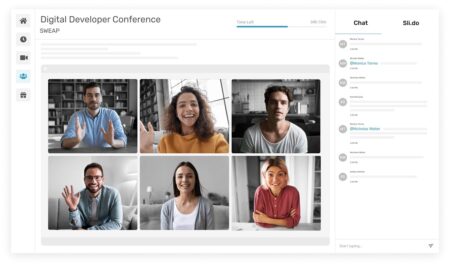
IBM Cloud Code Engine: Serverless programming should be a default
With great power, comes great responsibility - clearly - but also, comes complexity and the need to shoulder a steep learning curve. The latter extension of the saying may be needed for cloud computing container orchestration technology Kubernetes.
The inherent complexity and power has been like... Read more

A new first-line for developers: Hello Automation World
Hello World! It’s not going away, but soon, this rite of passage first-line of code that every developer writes when they first cut code might change. Rather than programming an instruction to display those two time-honoured words on screen, fledgling developers could be instructing a bot, callin... Read more
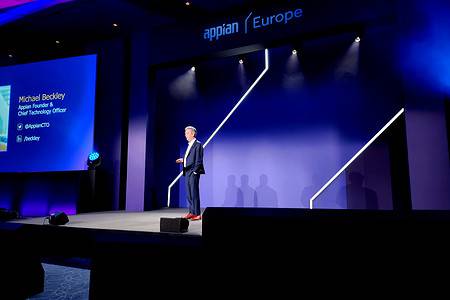
Appian’s Data Fabric gets more value out of data, wherever it resides
Appian has spent years developing its own data fabric. This new layer within the company's low-code automation platform allows data in different sources and systems to be addressed directly. We spoke with Appian CTO Mike Beckley about the impact of this new layer on data model creation, application... Read more

Ply layers on no-code contextual customisations
Hey there, do you want to hear about our new no-code/low-code platform?! It’s already becoming an arguably fairly tired proposition that’s wearing pretty thin on many in the IT industry. So what should we look for among the upstart start-ups now vying for a share of voice in this increasingly c... Read more

Appian paves way to low-code process automation
Low-code is evolving. With new developments in no-code (NC) travelling in the same direction as low-code (LC) and both disciplines now aiming to extend their influence into wider process automation technologies across both human and machine workflows, there is much to keep track of.
In its posit... Read more

‘Google’s parent company lays off 12,000 employees’
A leaked memo suggests Alphabet will cut 12,000 jobs.
The news follows shortly after the announcement of a layoff round at Microsoft. 10,000 employees will be fired in the coming months. The tech giant intends to cut costs.
According to Reuters, Alphabet is taking similar measures. In a... Read more

Software’s post-pandemic recessionary lag factor
Knowledge is power. But further than any mere level of learning by rote understanding, we use the term ‘savvy’ to denote a particular level of practical knowledge and ability.
Coming out of the post-pandemic period of preparation for the ensuing recession will (arguably) require more savvine... Read more

OutSystems CEO: “Shift-left is great for us, it fits our environment very well”
OutSystems CEO Paulo Rosado on its unique position in the market, current challenges in development, and how low-code can help solve those.
We recently had a chance to catch-up with Paulo Rosado, one of the founders and CEO of OutSystems. As one of the pioneers when it comes to low-code developm... Read more


